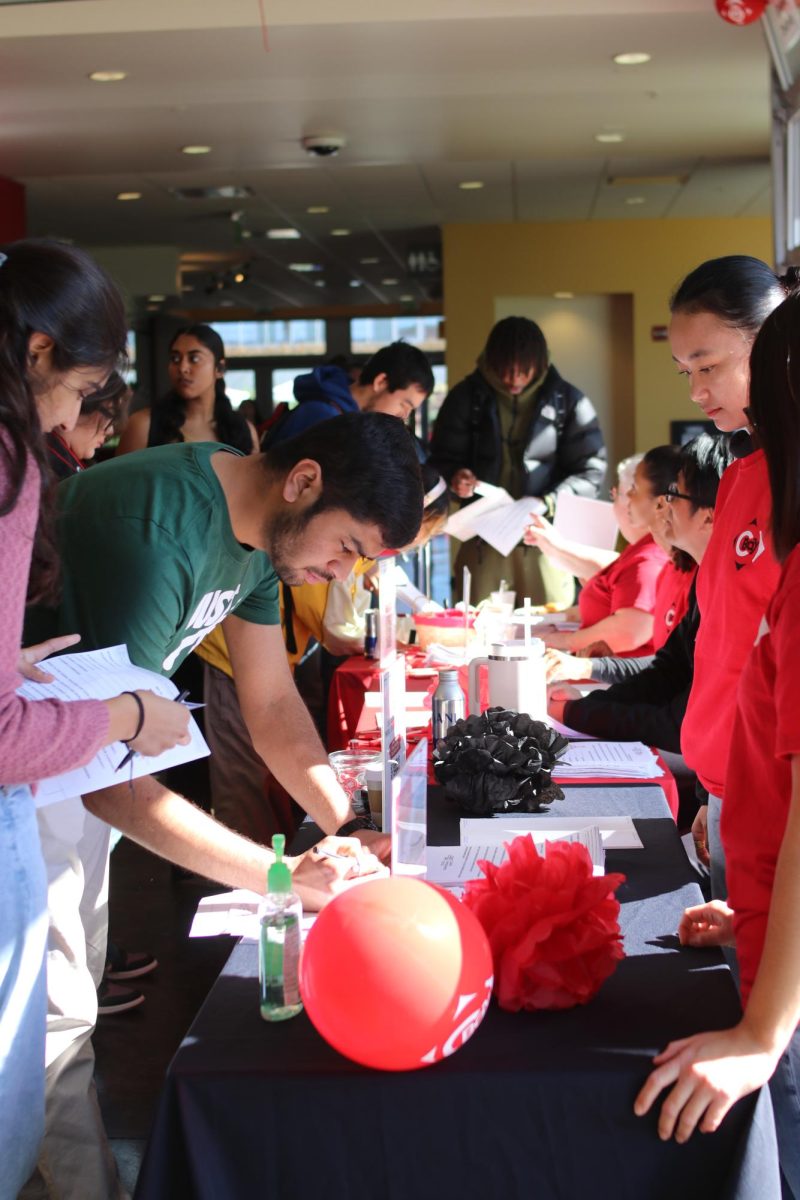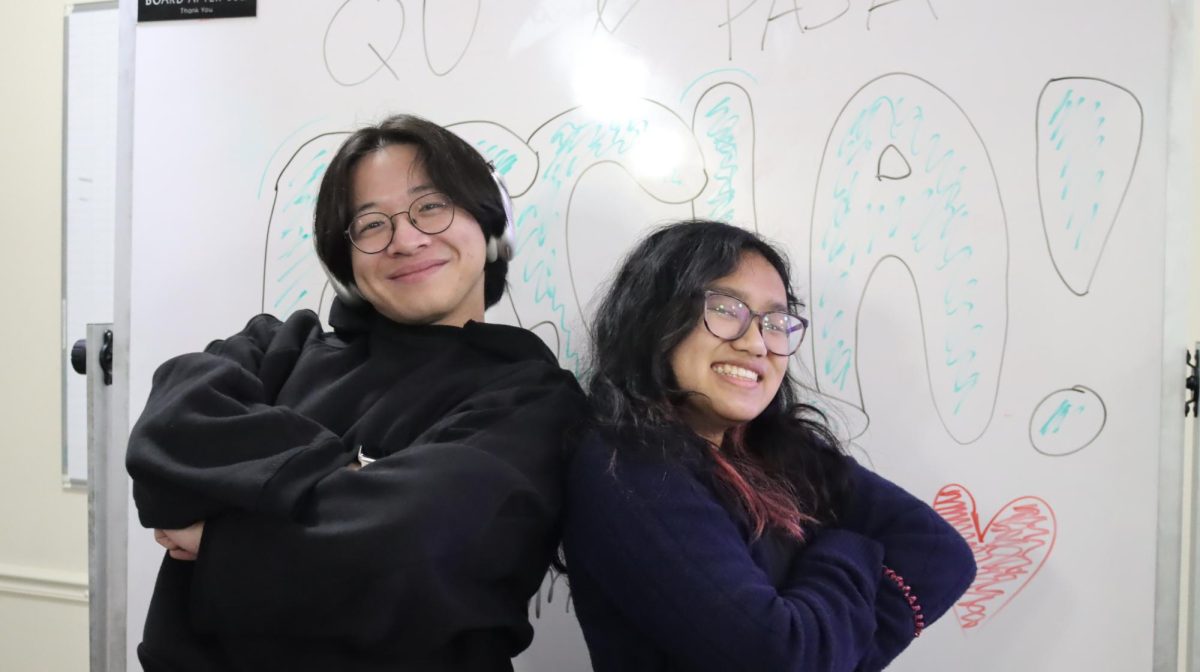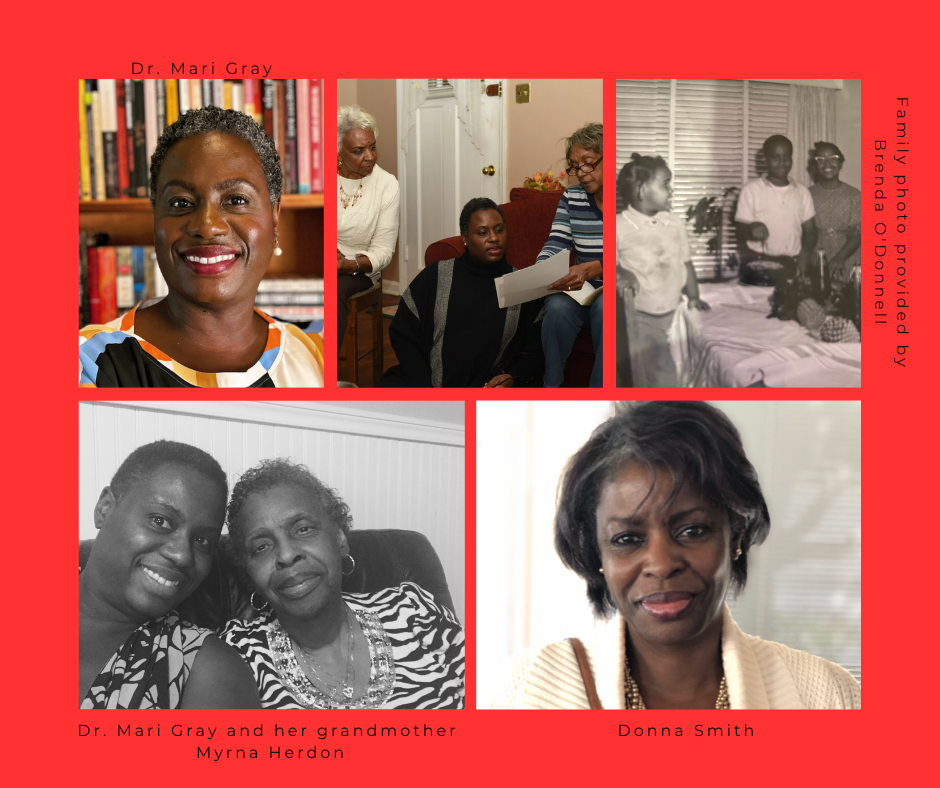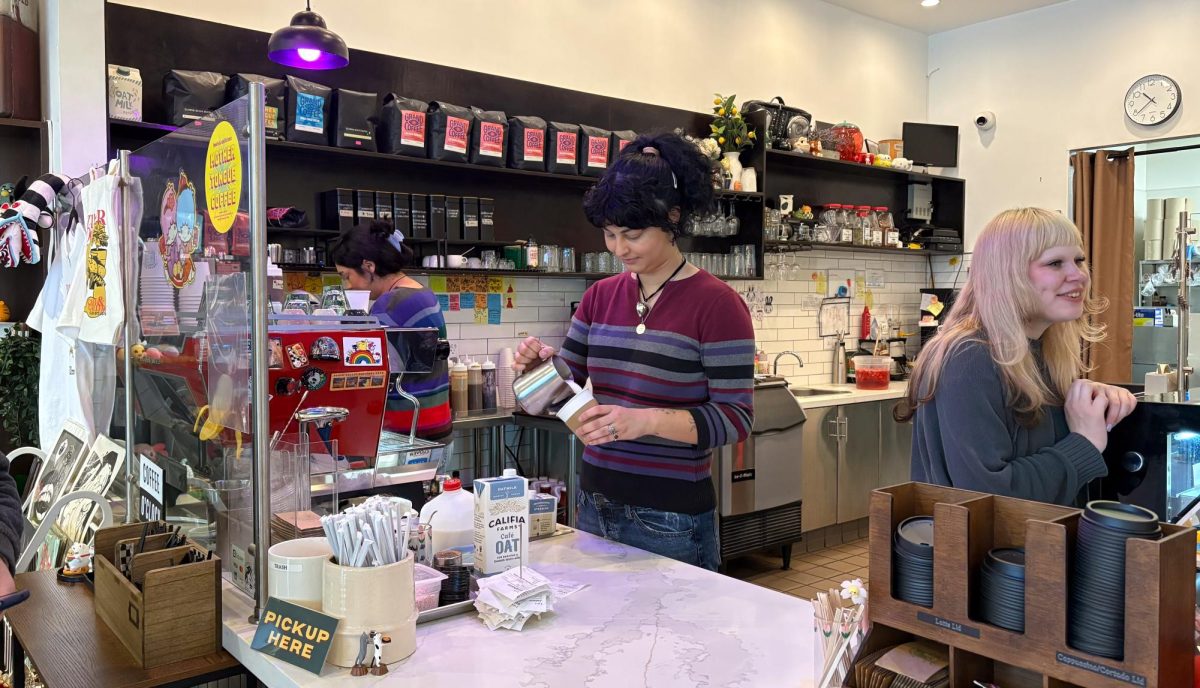While leaving home and living in a different country can seem frightening, the Center for International Education assures students that it is beneficial and fun.
“I was kind of used to being on my own,” said Rishi Khalsa, a CSU East Bay student who studied abroad in Spain. “But this was different. I felt like I was doing something for myself.”
Khalsa now works for the Center for International Education (CIE), advocating for students to break out of their comfort zone and study abroad.
“It makes you think in different ways because there are different basic ideas in other places,” he said of studying in another country.
Living and going to school in a foreign land can open one’s mind and expand their understanding of global culture, according to the CIE.
“I understand people’s fears,” explained Kelly Moran, the Director of the CIE on campus. “It’s really a leap of faith to get on a plane and leave everything you are comfortable with, but you really come away with a great experience.”
Moran, who also studied abroad in Spain when she was a student, understands the benefits of “stepping outside your comfort zone.”
“You get a better understanding of your place in the world,” she said. “Studying abroad can give you different aspects of your field of study or a different perspective on studying in general.”
One common fear students have is the language barrier in many foreign countries, but the CIE has programs that offer classes in English in places where it may not be the primary language.
“You don’t always have to learn another language,” said Khalsa. “If you want to study abroad specifically to learn another language, you can do that. But it isn’t a requirement.”
Khalsa knows that some students are apprehensive about being in a place where some people may not be able to communicate with you in your native language, but appreciates his own experience.
“I kind of had to expand and become more confident in the things I was doing,” he said. “I already considered myself a confident person, but what it did was give me the opportunity to explore different social opportunities.”
For students looking to improve their skills in being on their own and supporting themselves, living in another country is good practice.
“It enables you to be independent and flexible,” said Moran. “You grow to be empathetic of how life works.”
The CIE works with programs that usually cost about the same, sometimes even less, as CSUEB tuition. While places like Paris are a little more expensive to study in, Taiwan and Korea are much less than an average year here.
“Financial aid and scholarships are available specifically for studying abroad,” said Moran. “We are essentially enrolling you as a CSUEB student and applying your financial aid to your program.”
Applying for the programs usually take five to nine months, so getting paperwork done early is the best bet to get a desired destination.
The application process is very similar to applying for college and is very straightforward. There aren’t any schools in the program on the quarter system, so usually students will go away for a typical semester or a full academic year.
“If it’s something you ever thought you’d like to do, come in and see us,” said Moran. “Don’t be afraid that it’s impossible—it isn’t.”
For students looking to stay a little closer to home, the center also has a program called the National Student Exchange.
This program allows you to study at schools in North America, including Canada and Puerto Rico, so students can be little closer to home.
“You can find whatever you want,” said Khalsa, of the programs. “Whatever you’re looking for.”













